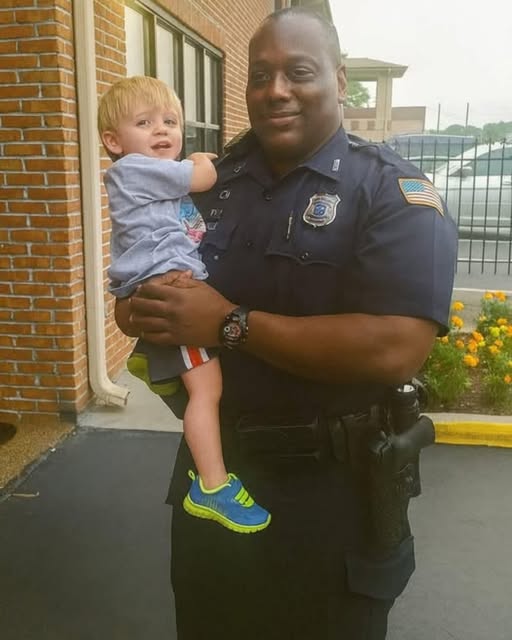The night was supposed to be simple—a family trip, a hotel stay, and the comfort of knowing they had a place to rest. But for one veteran, his wife, and their three children, it quickly turned into something else entirely: a painful reminder of how misunderstanding and discrimination can wound as deeply as any scar.
They had done everything right. The reservation at the Best Western Executive Inn had been made in advance, with full disclosure: the veteran required a service dog. Abby, his loyal companion, was not a pet—she was his lifeline. Trained to help him navigate the debilitating effects of PTSD and disability, Abby’s presence was not optional. She was essential.
Dog toys
But when the family arrived, their relief shattered. The hotel staff refused to honor the reservation. “No dogs,” they insisted, dismissing the explanation that Abby was a service animal protected under the ADA. What should have been a welcome turned into ridicule, resistance, and stress.

For the veteran, the moment was more than frustrating—it was triggering. His hands trembled, his breathing grew heavy, the memories of battles past rising unbidden in his chest. His wife recognized the signs immediately. Fear surged in her heart, not only for the night’s lodging but for her husband’s fragile state. She called for help.
That’s when Officer Walker of the Memphis Police Department arrived.
From the moment he stepped into the lobby, his presence shifted the atmosphere. Calm, steady, professional—he didn’t raise his voice, didn’t add to the chaos. Instead, he walked directly to the veteran, lowered his tone, and began a quiet conversation. He asked about Abby, gently letting the soldier talk about his service dog, allowing him to focus on something safe, something grounding. Bit by bit, the storm inside the man’s chest began to ease.
Dog toys
Then, with measured authority, Officer Walker turned to the hotel staff. He explained the law clearly: denying a veteran access to his service dog was not only heartless, it was illegal. The Americans with Disabilities Act guaranteed the veteran’s rights, and the hotel was in direct violation. Within minutes, corporate headquarters was involved, and the hotel was ordered to comply.
The family had their room at last. But what lingered wasn’t just the victory—it was the way Officer Walker carried them through the darkest moments.
As the parents exhaled their stress, their children watched the scene unfold with wide, anxious eyes. Sensing their unease, Officer Walker didn’t stop with the adults. When their one-year-old reached out for him, the officer smiled and gently scooped the toddler into his arms. The little boy nestled into his uniform, finding comfort where moments before there had been only tension.
To the older two, just eight and ten, he offered kind conversation. He asked them questions, listened with patience, and gave them a sense of security that their parents, weighed down by stress, struggled to provide in that moment.
Dog toys
For one family, this was more than a hotel dispute. It was a night that could have ended in trauma and broken trust. Instead, it ended with a room, a sigh of relief, and a renewed faith in the kindness of others—all because one officer chose compassion over protocol, patience over indifference.
In the days that followed, the veteran’s wife knew she couldn’t let this go unspoken. She wrote her gratitude into words, declaring what so many feel but often never say:
“Thank you, Officer Walker. You were a beacon of light during this stressful situation. We appreciate you, your professionalism, and your commitment to those in need. You turned a moment of humiliation and fear into one of dignity and hope. Awesome job, Memphis PD.”
For every act of cruelty in the world, there are those who stand against it. That night in Memphis, it wasn’t just about enforcing the law—it was about protecting dignity, honoring sacrifice, and reminding a family that they weren’t alone.
